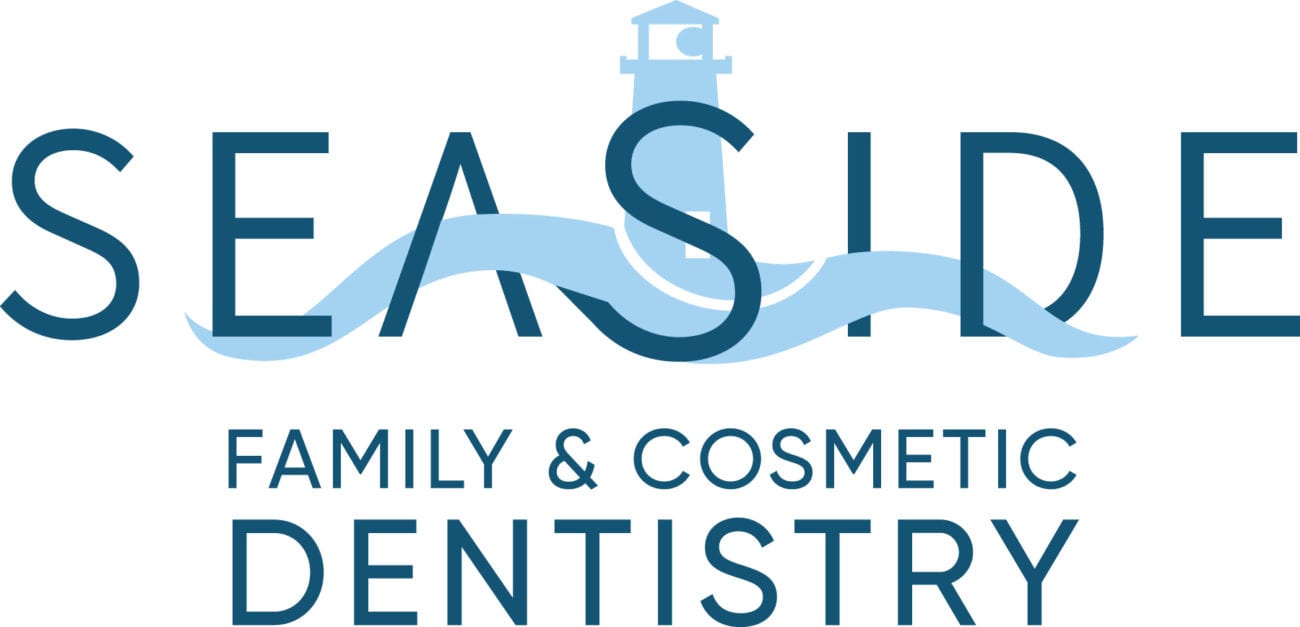Do you often wake up with migraines? Does your jaw click when you eat hard foods?
You may have TMD, or temporomandibular joint disorder, often caused by an injury to the joint that connects the jawbone to the skull. Stress, injury, misaligned teeth, and damage to the TMJ joint. Seaside Family and Cosmetic Dentistry offer TMJ treatment to patients in Hampstead, NC. Dr. Lauren Francis and Dr. Rawley Fuller work with patients to create custom restorative dental treatments to meet their specific needs.


Signs of TMJ Disorders
Look out for these common symptoms of TMD:
- Jaw pain
- Muscle spasms
- Teeth clenching and grinding (bruxism)
- Neck pain
- Chronic headaches
- Ear pain
- Worn teeth
- Jaw popping or clicking
Contact our office if you have noticed any of these signs of TMJ disorders. We can evaluate your bite and help you find the best treatment option for your symptoms.
How to Fix TMJ Issues
There are many methods of treatment for TMJ disorders at Seaside Family & Cosmetic Dentistry. The following are your options.
- Exercises: Jaw and mouth exercises are helpful for patients with mild forms of TMJ. If your TMJ is due to stress, you may unconsciously clench your teeth or jaw. Relaxing the jaw and doing exercises can help patients who do not have moderate or severe forms of TMJ.
- Night guards: A custom mouthguard is a good short-term solution for patients with bruxism, or teeth clenching and grinding. Bruxism can cause headaches, tooth pain, jaw pain, and tooth damage. Wearing a mouthguard at night, when many patients suffer from bruxism, helps protect the teeth from wearing down. It also places the teeth and jaw in a more comfortable and stable bite position.
- Orthodontics: Some patients have crooked or misaligned teeth that cause TMJ disorders. We may recommend orthodontics like Invisalign to realign the bite. However, patients with bruxism do not benefit from the treatment as it can damage the plastic Invisalign aligners.
TMJ Disorder FAQs
Does TMJ change your face shape?
TMJ has the potential to change the shape of your face as it progresses over time. It is due to over-activity in jaw muscles that cause the jaw to appear swollen and have a square shape.
Can TMJ affect your brain?
Chronic suffering from TMJ disorder can have a negative impact on cognitive performance, but it can also alter the brain’s structure. Studies show that TMJ patients’ brains may have abnormalities in white matter.
How long does TMJ take to resolve?
TMJ treatment may last anywhere from 18 months to three years. Therapies such as jaw and neck stretching can alleviate discomfort.
What should you not do with TMJ?
Patients with TMJ should avoid hard or chewy meals. Nuts, pretzels, popcorn, chips, gum, caramel, gummy candies, carrots, apples, and ice can worsen TMJ.
Why Is TMJ worse at night?
Patients are more likely to grind their teeth and clench their jaw at night. This is why TMJ tends to be more severe at night. As your body works to maintain your airway open while you sleep, it is common to clench your teeth, however, ther may cause increased discomfort.
What are some of the main causes of TMJ?
Different patients can experience TMJ problems for different reasons. However, some of the most common causes of TMJ include bruxism (teeth grinding), teeth clenching, excess gum chewing, or trauma to the jaw. Additionally, conditions like arthritis or bite misalignment can also contribute to TMJ pain and dysfunction.
How does TMJ get diagnosed?
Doctors and dentists may recommend the following if they suspect a problem: dental X-rays, CT scans, and an MRI may be used to detect signs of TMJ.
What is the most common cause of TMJ?
The primary cause is stress on the jaw joints and the muscle group that regulates eating, swallowing, and talking. Bruxism may also be the cause of TMJ pain. Teeth clenching and grinding occur involuntarily and on a regular basis and oftentimes go unnoticed. Schedule an appointment today if you are concerned about your oral health!
Schedule a Dental Appointment Today
Do you have regular jaw or facial pain? You may have a TMJ disorder. Contact our office at 910-335-4392 or request a consultation with Dr. Francis or Dr. Fuller online. We see patients from Wilmington, Hampstead, and the surrounding areas.
